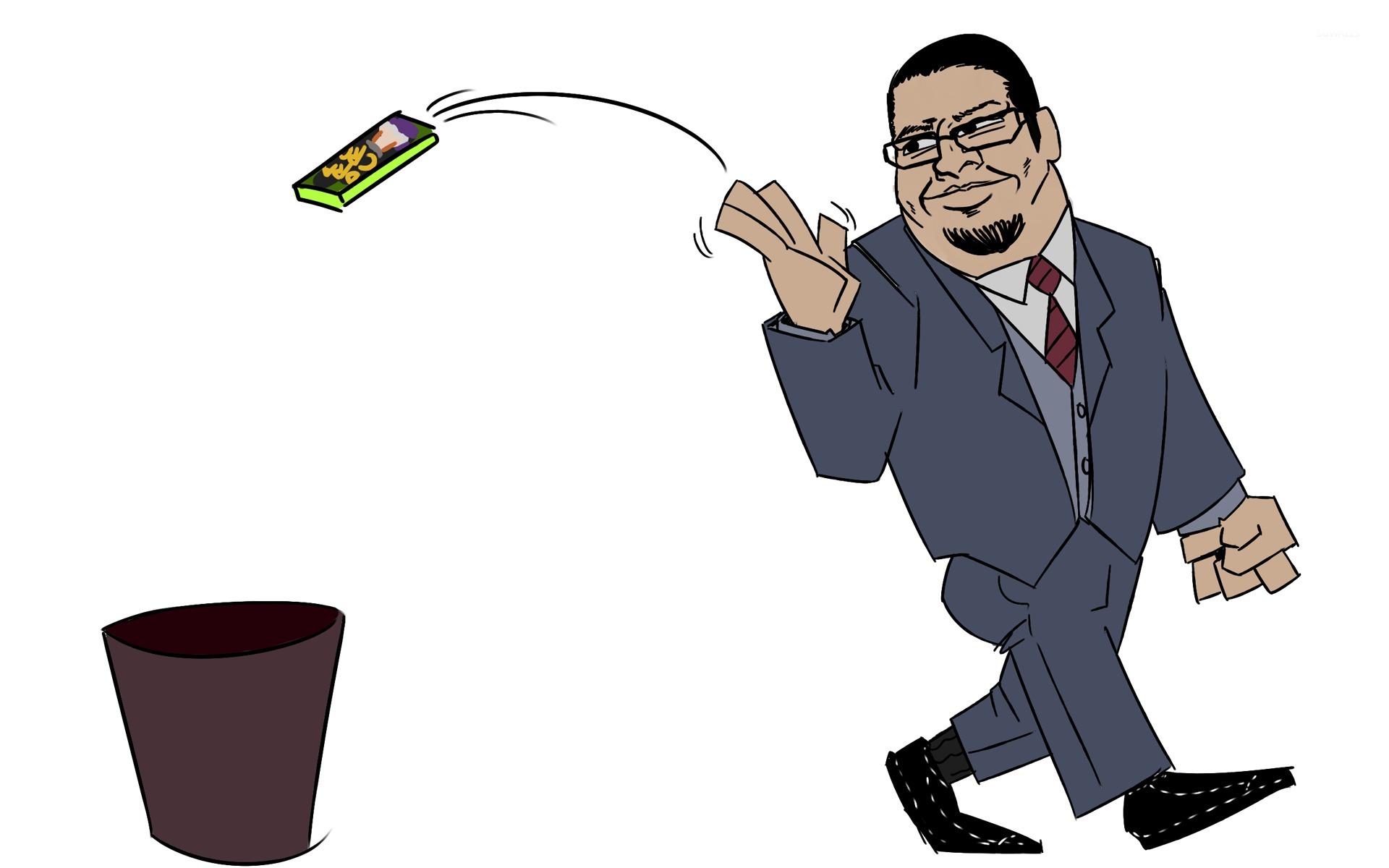

reputation) especially when “meme personalities” -“ordinary people can be (unwittingly) captured in compromising circumstances of with notable expressions or gestures and become ionized as memes” (Abidin, 2018a, p.44) -are involved. They have been brand-jacked and appropriated by brands and corporations (Milner, 2016, p.3), often resulting in an uneven reciprocity of gains (i.e. Memes have also been studied as being “factoried” in the sense of being systematically produced en mass and milked for commercial value, although not all meme factories may be monetized. Telegram, WhatsApp), and websites.Įxisting academic literature on meme factories have highlighted that they can occur as online forums (Bogerts & Fielitz, 2019 Cohen & Kenny, 2020) such as Reddit (Donovan, 2019) and 4chan (Bernstein et al., 2011 Knuttila, 2011), meme-aggregator websites (Chen, 2012, p.13), and networks of actors such as Anonymous (Jarvis, 2014).

Facebook, Instagram), messaging apps (e.g. This paper pivots from existing research on meme factories that have thus far focused on American-centric phenomena and online forums, to focus on instances of meme factories in Southeast Asia -specifically Singapore and Malaysia -and their occurrence on social media (e.g. In light of Malaysia’s (recently scrapped) Anti-Fake News Act and Singapore’s Protection from Online Falsehoods and Manipulation Act (POFMA), meme factories are important for non-hegemonic views to be shared and seeded in constantly evolving and playful vernaculars that may slide under the authoritative radar through subversive frivolity.

From the qualitative empirical data drawn from personal interviews, digital ethnography, and content analyses of social media posts, the meme factories are found to mobilize four ways of addressing, challenging, and adapting to the influx of COVID-19 related (mis)information.Meme factories often use strategic calculation to obtain virality or activate a call to arms to seed decision-swinging discourses, and at times with the potential to commercialize their meme contents for sponsors.Meme factories are a coordinated network of creators or accounts who produce and host content that can be encoded with (sub)text and parsed into new contexts across multiple organizational structures.This paper considers how eight Singaporean and Malaysian meme factories serve as sentiment shapers that operate through the vernacular of visual internet pop culture.How have meme factories pivoted their content and strategies in light of the COVID-19 pandemic?.How do meme factories participate in socio-political discourse through their contents, in light of the rise of misinformation and related information suppression laws?.What are meme factories, how are they organized, and what is their role in the meme ecology?.


 0 kommentar(er)
0 kommentar(er)
